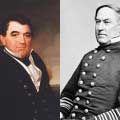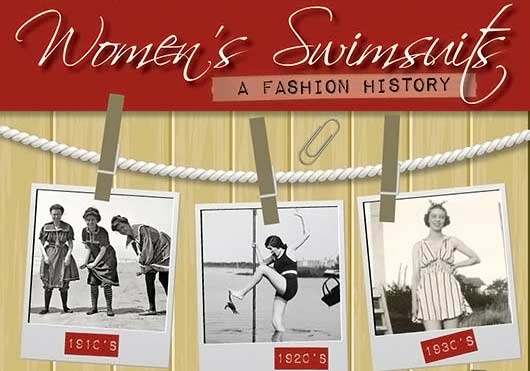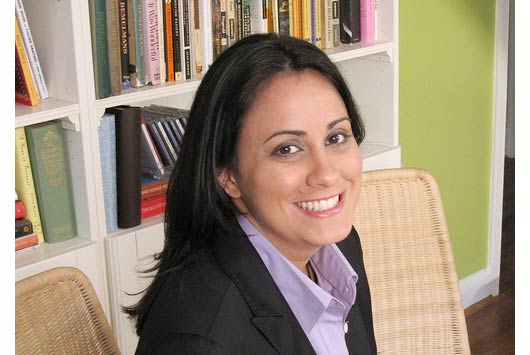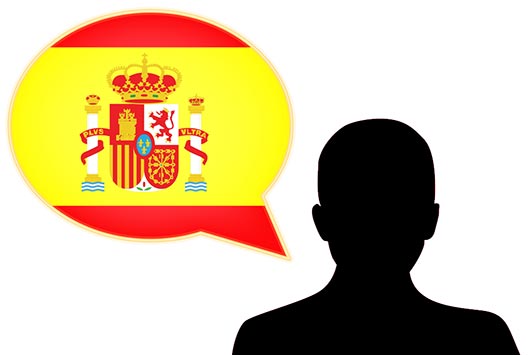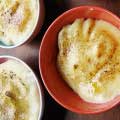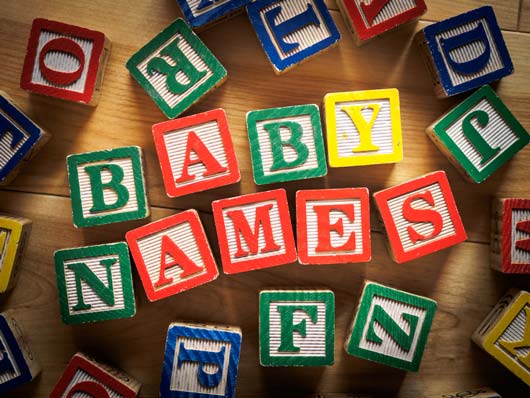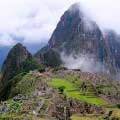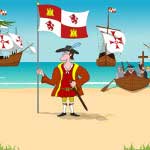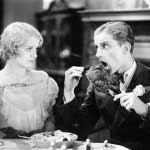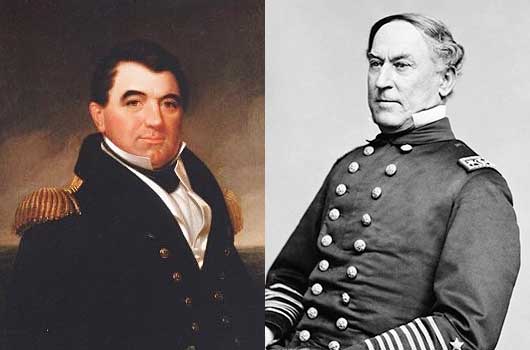
Left: Jordi (George) Farragut; Right: David Glasgow Farragut
November 11 was Veterans Day; the day set aside by Americans to celebrate the contributions of those courageous men and women, past and present, who have served in our Armed Forces. And while many Latinos may have a tendency to think of themselves and their families as relatively recent arrivals on the American scene, the truth of the matter is this that Hispanic American war heroes have been involved in our nation’s wars and battles from the very beginning.
Read Related: Remembering Hispanic War Heroes on Memorial Day
Latino involvement in American History has not always received the attention it should have, and the Hispanic heritage of some American heroes has not always been recognized. Yet several of our country’s greatest heroes came from Hispanic roots. Here are just a few notable Hispanic American war heroes:
Jordi (George) Farragut, 1755-1817
Born in Minorca, Spain, Jordi Farragut was a distinguished American naval and military officer during the Revolutionary War. He was also the father of David Farragut, a heroic leader of Union Naval Forces during the Civil War.
During the Revolution, Jordi Farragut joined the South Carolina Navy under the name George Farragut. Commissioned a First Lieutenant, Farragut became the chief officer of one of the young American Navy’s few fighting ships. Farragut was captured by the British at the Battle of Savannah in 1780, but was soon exchanged for British prisoners. He participated in the 1781 Battles of Cowpens and Wilmington, where he distinguished himself as a land commander. In 1805, Farragut took a position as the Naval adviser to the new American Governor of New Orleans and moved his family there. After his wife, Elizabeth, died of yellow fever, Farragut felt he could no longer properly care for his young son, James, and arranged for him to be adopted by his friend, Admiral David Porter. George Farragut maintained contact with the boy until his death in 1855.
David Glasgow Farragut, 1801-1870
After his adoption, James Farragut changed his first name to David, in honor of his adoptive father. He and his adoptive brothers, David and William Porter, would all grow up to become Civil War heroes. David Farragut distinguished himself in several engagements with the British during the War of 1812. In 1824, as Commander of the Ferret, he was sent to fight pirates in the Caribbean. In 1854, Farragut became Commander of the Mare Island Naval Yard, near San Francisco.
In 1859, Farragut retired to Norfolk, Virginia, in the hope of living out a quiet retirement with his wife and son. However, when the Civil War broke out in 1861, he quickly offered his services to the Union Navy. His foster brother, David Porter, secured Farragut’s appointment to command the Union attack on New Orleans in 1862. He also commanded Union Naval forces during the Siege of Vicksburg in 1863. But David Farragut’s true shining moment was when, as Commander of Union Forces at the Battle of Mobile Bay in 1864, he is supposed to have uttered the now famous phrase, “Damn the torpedoes, full speed ahead!” After the war, Farragut resumed his retirement, this time as a celebrated war hero.
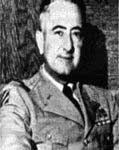 Juan Cesar Cordero Davila, 1904-1965
Juan Cesar Cordero Davila, 1904-1965
Born in Carolina, Puerto Rico in 1904, Juan Cesar Cordero Davila distinguished himself in command of American troops in both World War II and the Korean conflict. He graduated from the ROTC program at the University of Puerto Rico in 1925, and entered the US Army Reserve as a Second Lieutenant. In 1942, Davila was sent to join the 65th Infantry Regiment at Camp Las Casas, near Santurce, Puerto Rico. During the years leading up to U.S. involvement in World War II, the 65th was sent to guard the Panama Canal, and then went to Casablanca, Morocco, Italy, and Corsica. In December 1944, the 65th arrived in Southern France, where they participated in several engagements against the Germans.
By the end of the War, Davila had risen to become the 65th’s Executive Officer. At war’s end, he returned to a non-combat role in Puerto Rico but by 1950, resumed command of the 65th Regiment at Pusan, Korea. Under Davila, the 65th was one of the first American units to cross the Han Ton River and participated in the Battle of Cherwon. In July, 1951, the 65th participated in the successful attack on Chinese positions at Hill 717. On July 20, 1952, at the Battles of Cognac, King and Queen, Davila exposed himself to enemy fire to help evacuate wounded American soldiers. For this action, he received both the Bronze and Silver Stars
Davila retired from active service in 1952. In 1956, he persuaded the Army to allow the 65th to return to service as the Puerto Rico National Guard. The 65th is still the only unit to return to National Guard status after serving as an active army unit. Prior to his death in a plane crash in 1965, Davila also served as head of the Puerto Rico Housing Authority.
More resources
An article like this can only provide a sample of the many contributions that Hispanic American war heroes have made to our nation. For more information on these heroes and many others, please check out the following internet sites, or your local library:
Celebrate Hispanic Heritage: Latinos in History
List of Hispanic Medal of Honor recipients
Hispanic Americans in the United States Navy

